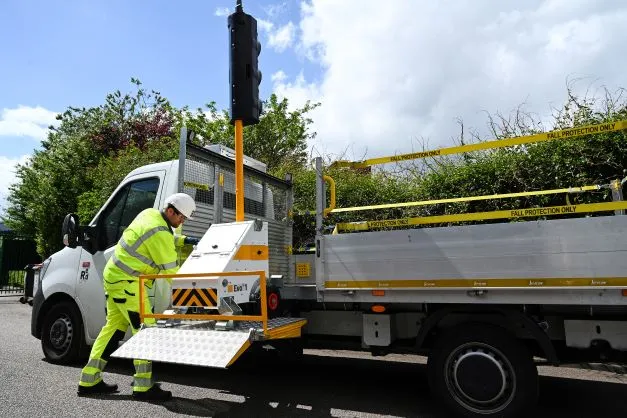The Municipality of Sao Paulo in Brazil has upgraded its urban traffic control (UTC) systems to
According to Ricardo de Oliveira Laiza, superintendent of planning at Sao Paulo’s traffic control department, Companhia de Engenharia de Trafego (CET), “Siemens PC Scoot, supporting
The existing Telecommand 12 communications infrastructure was also upgraded to extend its life and new UTMC communications were introduced so that future intersections can be connected using the latest UTMC digital communications.
By monitoring traffic in real-time, PC Scoot optimises traffic signal operation and adjusts the signal timings to match prevailing conditions, thereby increasing network efficiency.








